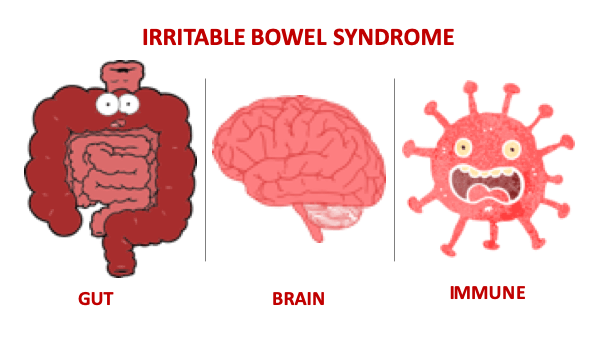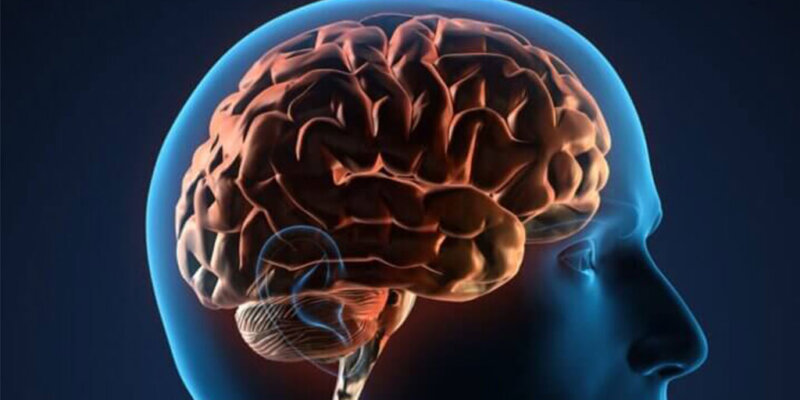IBS is a Functional Gastrointestinal Disorder or Disorder of Gut-Brain Interaction? Functional GI Disorder is one where there are no structural abnormalities in the gut seen on x-ray, endoscopy or blood tests, but functionally, the gut’s movement is abnormal. The Rome IV ((1)) update describes IBS as a disorder of gut-brain interaction. This is a […]



